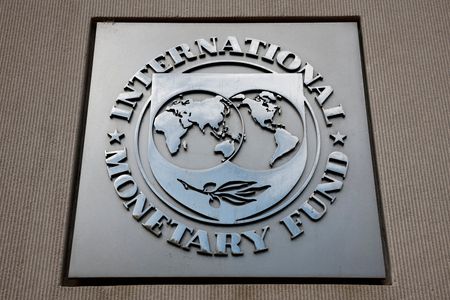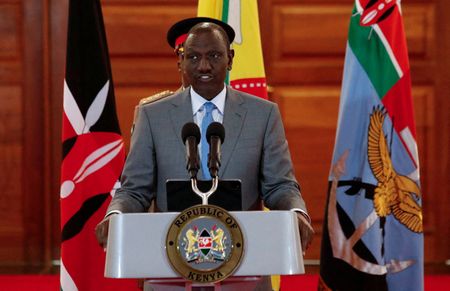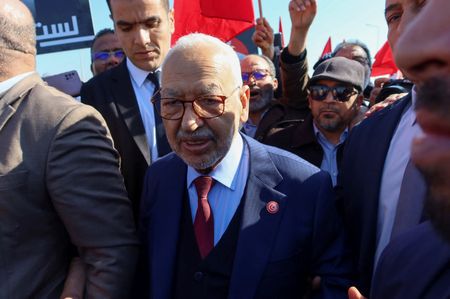RABAT (Reuters) – The International Monetary Fund has urged Morocco’s central bank to adopt an inflation-targeting framework and the government to further expand the tax base to continue to its financial reforms and cut the country’s debt.
Inflation slowed to 0.9% in 2024 from 6.1% a year earlier, due to a fall in prices of imported goods and increased stability in food markets, according to Bank Al-Maghrib, Morocco’s central bank, which expects the rate to stand at 2.4% this year.
“With inflation back to around 2%, Bank Al-Maghrib should continue its preparation to adopt an inflation-targeting framework,” the IMF said on Monday after the end of a mission to the North African country.
The IMF urged the Moroccan government to further expand the tax base, while reducing transfers to state-owned enterprises.
Morocco’s tax reforms have enabled the government to achieve higher than expected revenue which helped cut the fiscal deficit to 4.1% of GDP this year, the IMF said.
In line with the 2025 budget, “higher-than-expected revenues should be used to accelerate the pace of debt reduction to levels closer to pre-pandemic”, it said
The IMF expects Morocco’s economy to grow 3.9% this year from 3.2% in 2024, “as agricultural output rebounds after the recent droughts and the non-agricultural sector continues to expand at a robust pace amid strong domestic demand”.
It also recommended the government to act on unemployment by “focusing on labour displaced from the agricultural sector due to the sequence of droughts”.
Morocco’s unemployment rate surged to 13.3% last year, compared with 13% a year earlier, as farming continued to shed jobs, according to official figures.
(Reporting by Ahmed Eljechtimi; Editing by Alison Williams)









